Is Murphy’s Oil Soap Bad For Hardwood Floors? 2024 Amazing Truths
Is Murphy’s oil soap bad for hardwood floors? I believe that you have heard some advice that oil-based products will damage your floor, so is it true? Well, the answer to this question requires further explanation about Murphy’s oil soap and the status of your hardwood floor.
Keep reading to find out the best approach to clean your floor and the proper way to apply Murphy’s oil soap.
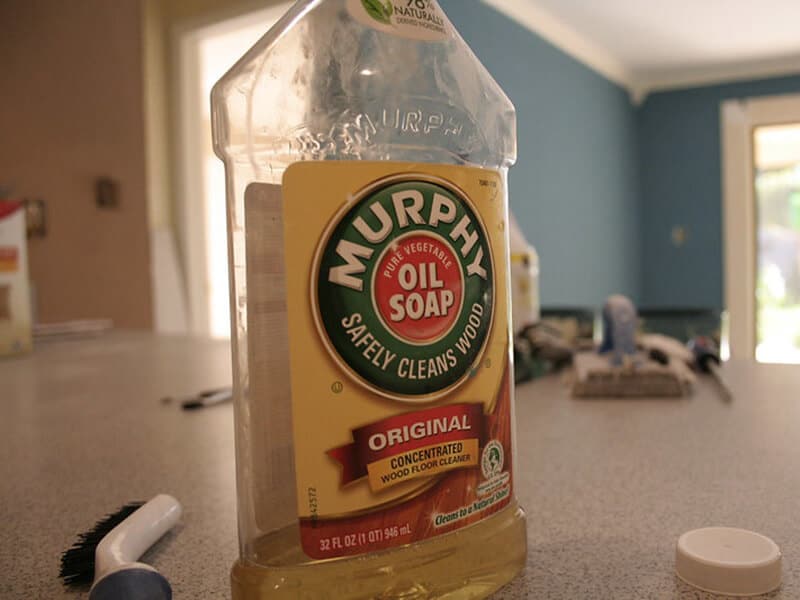
What Is Murphy’s Oil Soap Used For?
Murphy’s oil soap is a common cleaning product formulated to work on various types of surfaces. The primary function of this product is to maintain and polish the surface of the material. After applying the product, the surface of the material will shine and sparkle.
Besides the main function, Murphy’s oil soap also has other applications. The diluted Murphy’s oil soap is also used to clean brushes in painting (1). Plus, it can act as an insecticidal soap on your garden with a solution of 2-4% of oil soap.
This wood cleaner is mostly made from naturally-derived ingredients (98%) without harmful additives (2). Murphy’s oil soap works well on the finished floor, such as hardwood floors, laminate, vinyl floors, and ceramic tile.
So, Does It Damage Your Hardwood Floors?
With a large proportion of natural ingredient contents, Murphy’s oil soap is considered gentle and friendly for hardwood finishers. Oil-based products will damage any unfinished floors and make their surfaces look dull.
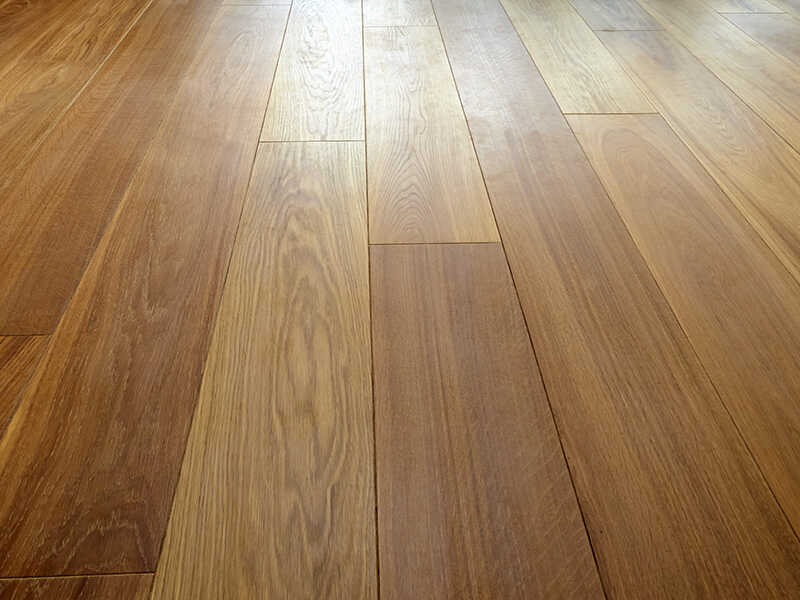
Either penetrating oil, linseed oil, or polyurethane wood finisher will protect your floor from being ruined. However, certain oil soap products can destroy the polyurethane wood finish. Stop using the cleaner if you see any damages or discolorations occur on the floor surface.
How To Test The Floor’s Finisher
You can spot test to know if your floor is coated with a finisher or not. Pour a little amount of plain water into an inconspicuous area on the floor (under the carpet, for example). If the floor doesn’t absorb the water, your floor is perfectly protected; in other cases, don’t use the product.
You can test your floor one more time to make sure it has a finisher. Scratch a hidden area of your floor using a coin; if the floor flakes off, it is properly coated with polyurethane.
Another way to test the finisher is rubbing your fingers on the floor; if you feel a light oily residue, the floor is treated with either penetrating oil or linseed oil.
Such a simple way to test if your floor is coated with a finisher or not.
You Have To Follow The Manufacturer Instructions
Even if your floor is well finished, using the product without carefully following the brand’s instructions will damage your floor. The expired wood cleaner could also be the main reason that ruins your floor appearance.
Oil-soap products will leave residue on the hardwood floor surfaces if you don’t dilute them before cleaning the area. The residues will build up over time and penetrate through the finish and destroy the beauty of the hardwood floor.
How To Use Murphy’s Oil Soap On Hardwood Floors
Let’s shine your floor with Murphy’s oil soap right now. Ensure that you follow precisely every single step not to damage your floor.
Before you start: Always spot test any chemical on an inconspicuous area on your floor before using; any damage or discolorations that occur on the floor’s surface is the alarm to stop using the product.
Concentrated Murphy’s Oil Soap
In case you are using a concentrated version of Murphy’s oil soap, the key solution is to dilute the product. After that, cleaning the wood floor is just a piece of cake.
Preparation
- Murphy’s oil soap
- Warm water
- A mop
- A bucket
Instructions
Step 1: Dilute the oil soap in a bucket following the recipe below.
- Light solution: ¼ cup of Murphy’s oil soap and 1 gallon of warm water
- Strong solution: ½ cup of and 1 gallon of water (only use this solution for sturdy woods and tough dust)
Step 2: Stir the solution.
Step 3: Soak your mop into the substance and wring out any excess solution.
Note: Ensure that the mop is just wet enough to clean the floor. Don’t let any water puddles stay on the hardwood floor for too long.
Step 4: Mop the hardwood floor as usual. Guarantee that there is no other soap or any cleaning products that have been used previously.
Step 5: Keep on mopping and resoak the mop until you cover the entire area.
Step 6: Let your floor dry.
Make your floor shiny and dazzling with Murphy’s oil soap.
Diluted Murphy’s Oil Soap
If you have a ready-diluted Murphy’s oil soap on hand, the process is much easier. The diluted oil soap is usually available in a sprayer for convenience in use.
Preparation
- A spray bottle of Murphy’s oil soap
- A mop
- A bucket
Instructions
Step 1: Spray the oil soap on the floor.
Step 2: Damp your mop in a bucket. Then, get rid of any excess water.
Step 3: Mop your floor following the sprayed areas.
Step 4: Dry the floor after you have covered all the area.
Compare Murphy’s oil soap with other cleaning products on hardwood floors.
Does Murphy’s Oil Soap Leave A Residue On Hardwood Floor?
One of the biggest concerns of any cleaning expert is the residue of the cleaner after you have applied it on the floor. Usually, you don’t feel the residue at first, but the sticky residue will form and damage your floor over time.
If you don’t follow the manufacturer’s instructions while cleaning your floor with Murphy’s oil soap, the product will leave a cloudy and sticky layer on your floor’s surface.
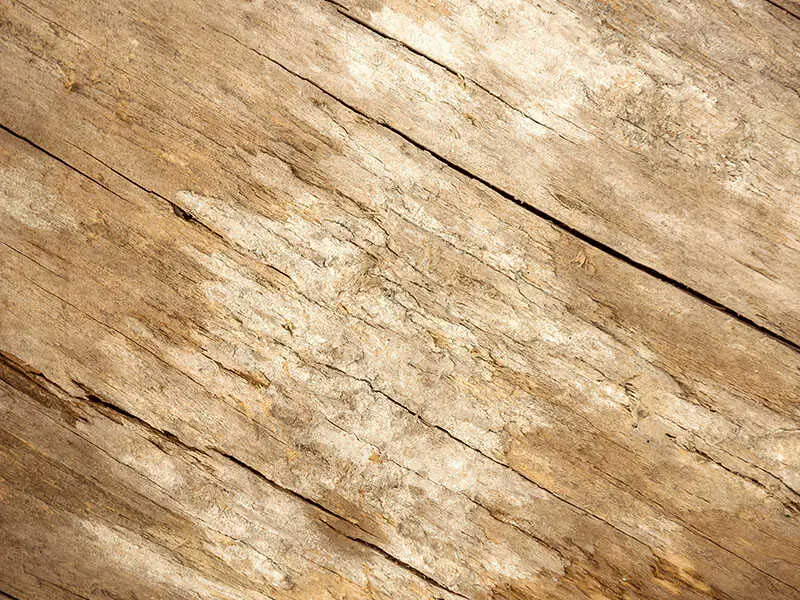
This happens because the floor finish will react with the oil soap’s concentrated ingredients and permanently ruin your floor. After quite a long time, a layer of white residue will appear clearly on the surface and penetrate the wood layer.
Another reason that forms the sticky residue is that the oil soap reacts with any other cleaning chemicals applied on your floor. If you see any residue appear on the wood surface, stop using the products immediately.
The only way to deal with oil soap residue is to remove it right away. Check the following instructions to get rid of the excess oil soap properly.
Remove Murphy’s Oil Soap Residue
That said, using the oil soap in the wrong way will create residue and a dull appearance on your wood floor. To prevent further damage, you have to remove it immediately.
Cool Water
Yeah, just a simple bucket of water will help you remove this annoying oil soap residue right away. Try it now!
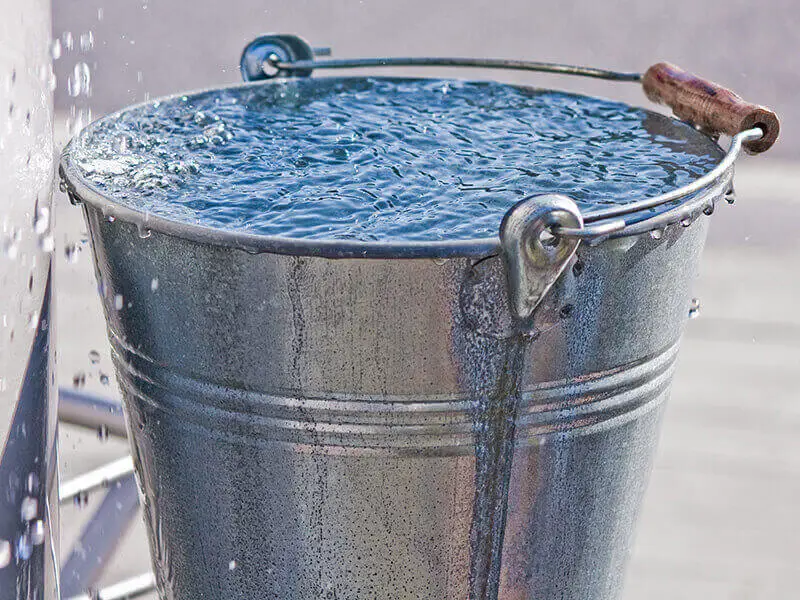
Preparation
- Cool water
- A bucket
- A mop or clean rags
Instructions
Step 1: Empty your room. Move any object and furniture out of the area that requires cleaning. Be careful not to scratch the floor’s surface.
Step 2: Dividing your floor into smaller sections (4-by-4 feet) to clean each section thoroughly.
Step 3: Fill the bucket with cool water.
Step 4: Dip your mop or rags into the water, then wring out the excess water.
Step 5: Clean your floor using dampened rags or mop.
Step 6: Wipe the area with a dry rag right away.
Step 7: Repeat the cleaning process on the same area until you get all the residue out of the floor.
Step 8: Work on other sections with the same procedure.
Note: Replace the water and rag frequently when the previous one is full of sticky residue.
Ammonia-Free Glass Cleaner Or Vinegar Solution
If you are dealing with a stubborn residue, you can use ammonia-free glass cleaner or vinegar solution to kick the oil soap out of your floor.
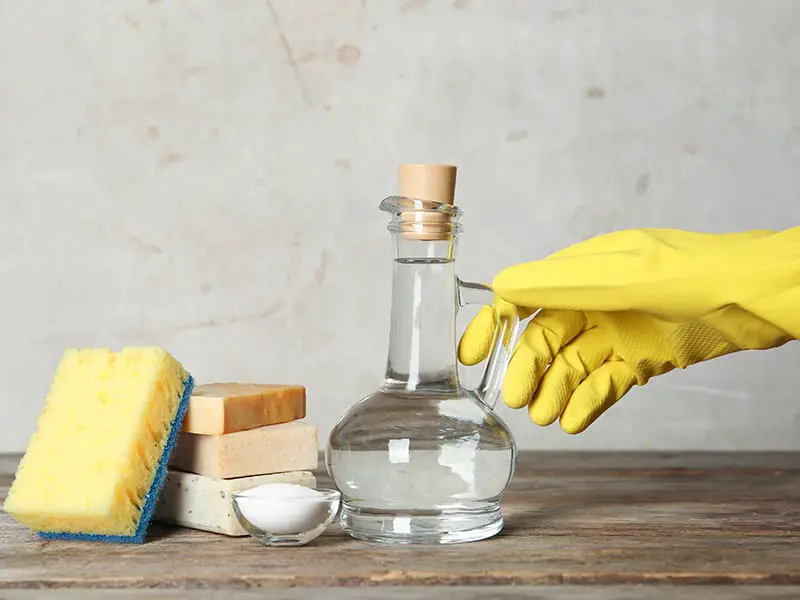
Preparation
- Ammonia-free glass cleaner or vinegar solution (½ cup of white vinegar and 1 gallon of lukewarm water)
- A sponge
- Towels
- A mop
Instructions
Note: Always spot test any remedy that you are going to use on the hardwood floor. Stop applying this method if any damage or discoloration appears on the floor’s surface.
Step 1: Divide the floor into smaller areas.
Step 2: Spray the glass cleaner (or vinegar solution) on the floor and let it work for around 3 minutes.
Step 3: Scrub the area using the prepared sponge.
Step 4: Clean the area with a damp towel so as not to let the residue dry.
Step 5: Repeat scrubbing and cleaning on the same section to ensure the area is 100% clean.
Step 6: Move on to the next section and repeat the whole process until you have treated the entire room.
Step 7: Go over the area again using your mop and your regular cleaner.
An Extra Instruction To Use The Oil Soap On Laminate Wood Floors
If you use a laminate wood floor, you can also use Murphy’s oil soap to clean and sustain the appearance of the material.
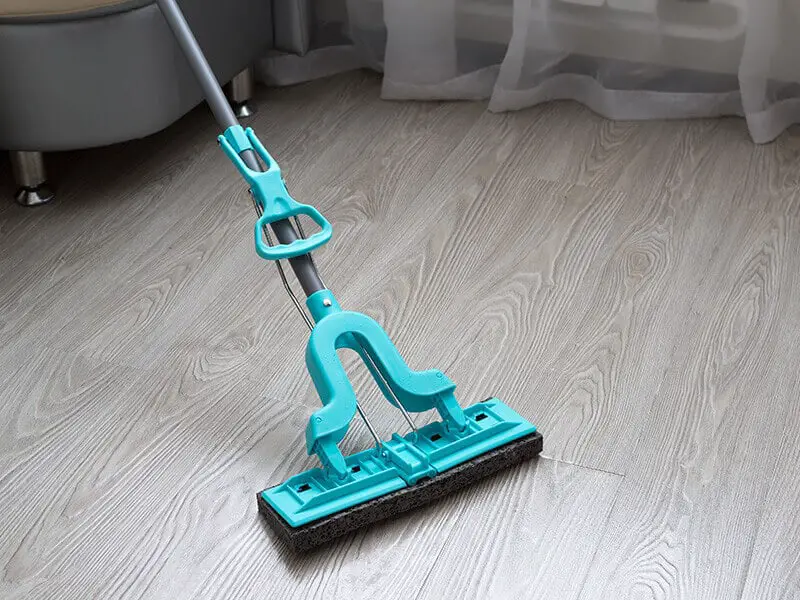
Warning: Consult with the floor’s manufacturer before applying chemicals to your floor.
Preparation
- Warm water
- Murphy’s oil soap
- A mop
Instructions
Step 1: Dilute the oil soap with warm water.
Step 2: Soak the mop in the solution and squeeze the excess solution out.
Step 3: Mop your floor as you usually would using a large sweeping motion.
Note: Don’t let any excess water stand on the floor.
Step 4: Change the water if it starts getting dingy.
Step 5: Let the floor dry.
Quick tip: To prevent resin on laminate floors from warping, avoid using waxes and polishes.
Don’t Miss These Handy Tips For Maintaining Hardwood Floors
Hardwood gives your house a warm and rustic appearance; however, maintaining the quality of your hardwood floor is not a simple task. It would help if you tried the following tips to sustain its flawless look.
Be Careful Before Trying Any Cleaning Product
Always make sure that the cleaning chemicals you use are allowed by the manufacturer of the floor. Each manufacturer has different ways to make their floor, so remember to consult your cleaning approach.
Oils, waxes, or furniture sprays will leave residue and form a slippery surface. Ammonia, alkaline, or abrasive cleaners can destroy the finish and make the floor vulnerable to scratches.
Read the product package to avoid any toxic ingredients that can harm your family members and pets.
Don’t Let Any Water Stand On The Wood Surface
Even if your floors are coated with a finisher, don’t allow puddles of water to stand on the wood surface. Remove excess water from the mop not to let any water residue on the floor. Vacuum and clean your floor regularly to avoid dirt, dust, and crumbs from building up.
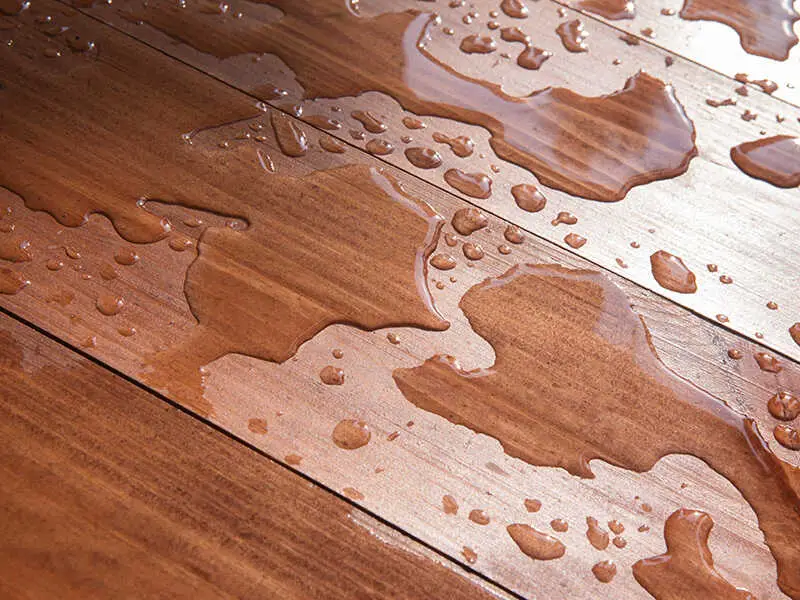
Avoid Any Damages
Reduce the damage from high-traffic areas by using a mat or rug. Try not to scratch the floor with your shoes. Spread the force from heavy furniture by using a cushion pad under the furniture.
FAQs
These frequently asked questions will provide you with valuable information. Make sure you check them out!
Know What You Put On Your Hardwood Floor
You have to research and ask for advice when trying any new product or remedy on any floor. This will protect and sustain the floor quality at its best status.
Have you tried Murphy’s oil soap on your hardwood floor? How was the outcome? I bet your floor looks spotless and shiny now. Don’t hesitate to like and share this post. Thank you.
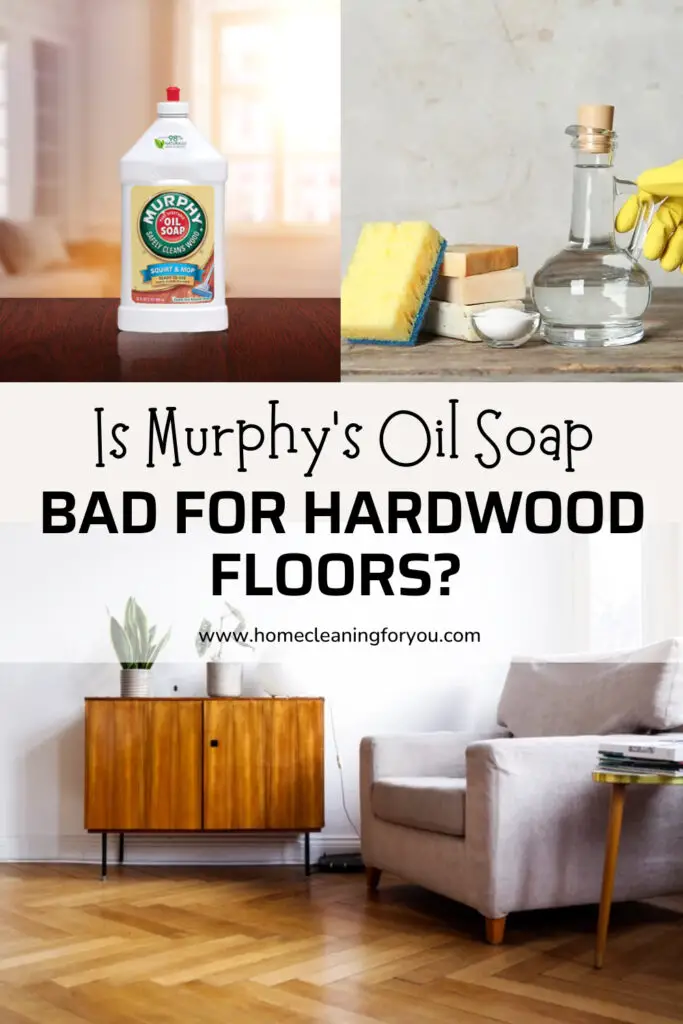
Reference
- En.wikipedia.org. 2022. Murphy Oil Soap – Wikipedia.
- Whatsinproducts.com. 2022. CPID.

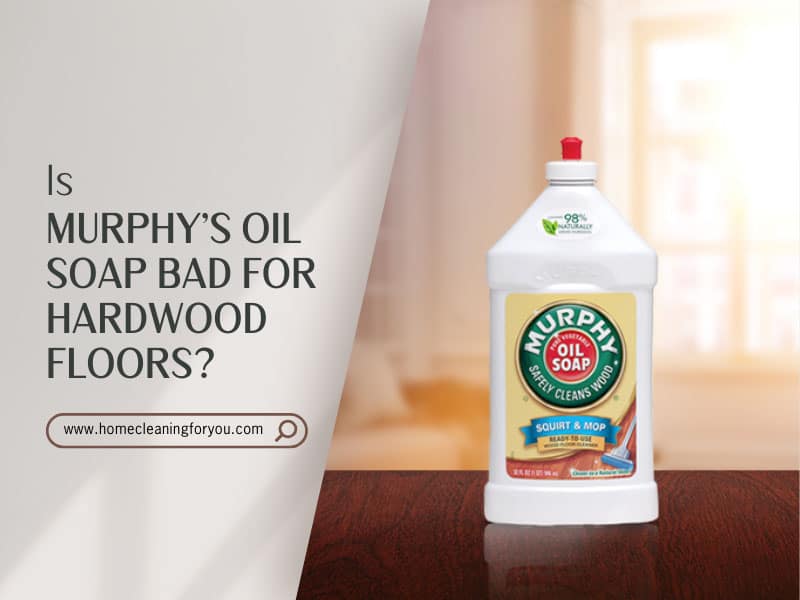

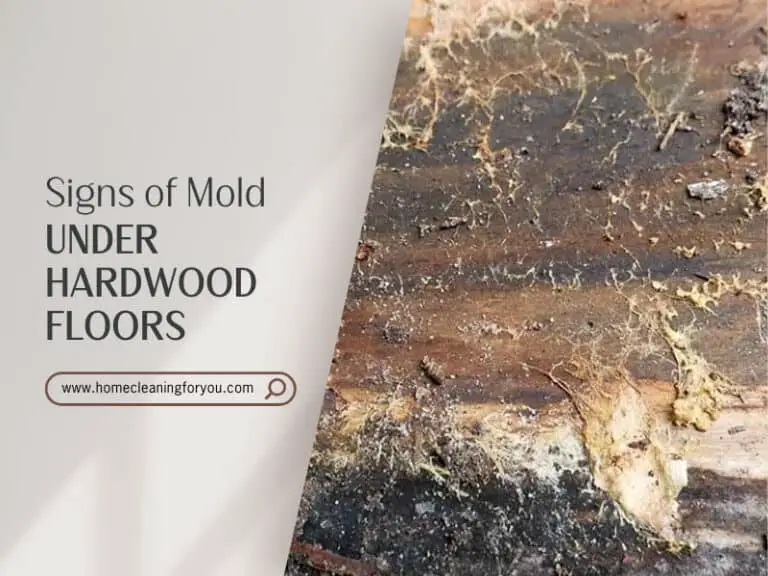
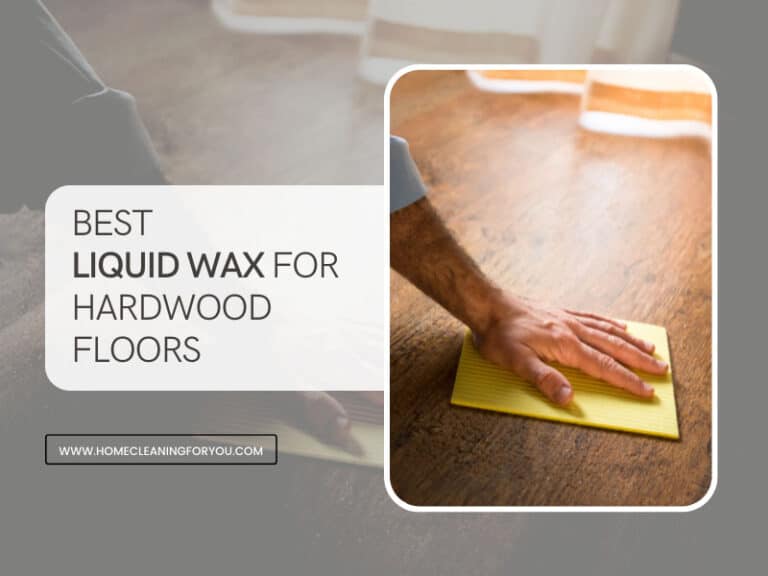
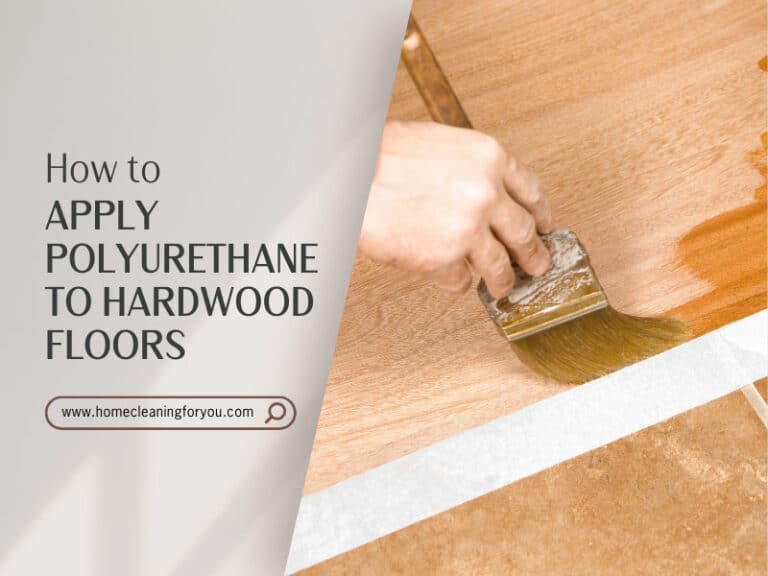
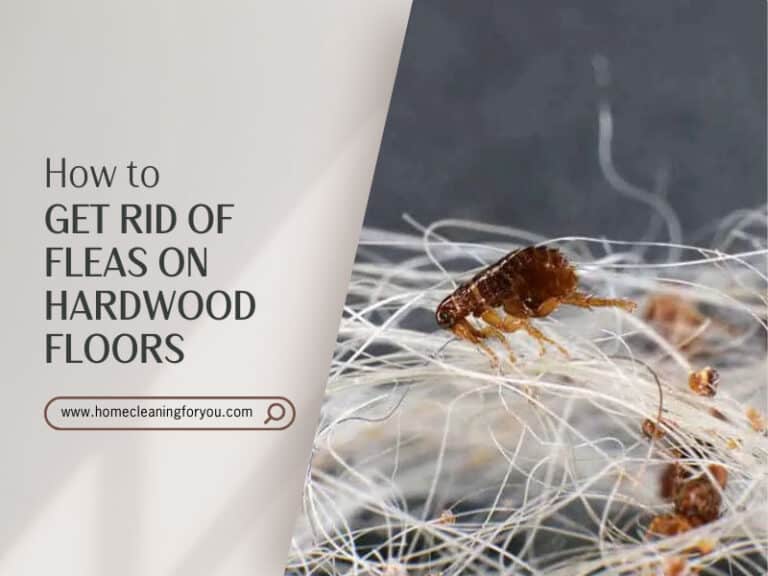
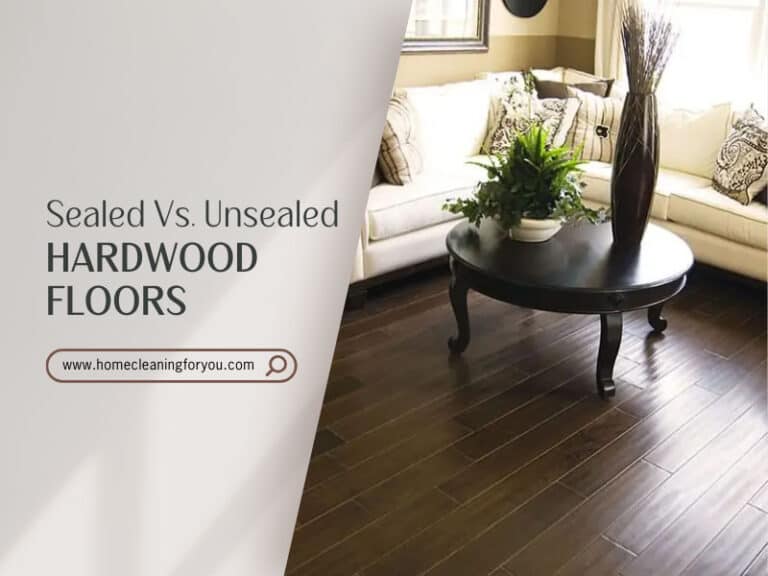
Kevin Jones
Home Cleaning Specialist
Expertise: In-depth Knowledge of Cleaning Agents and Their Uses, Advanced Home Sanitization, Techniques Expertise in Cleaning and Maintaining, Various Floor Types, Innovations in Home Cleaning Tools
School: American College of Home Economics
Kevin Jones is a seasoned home cleaning specialist with over a decade of experience in the industry. A stickler for cleanliness and organization, Kevin brings a systematic and innovative approach to home maintenance. His expertise ranges from traditional methods to modern cleaning technology, ensuring homes are not just clean but healthy environments too.